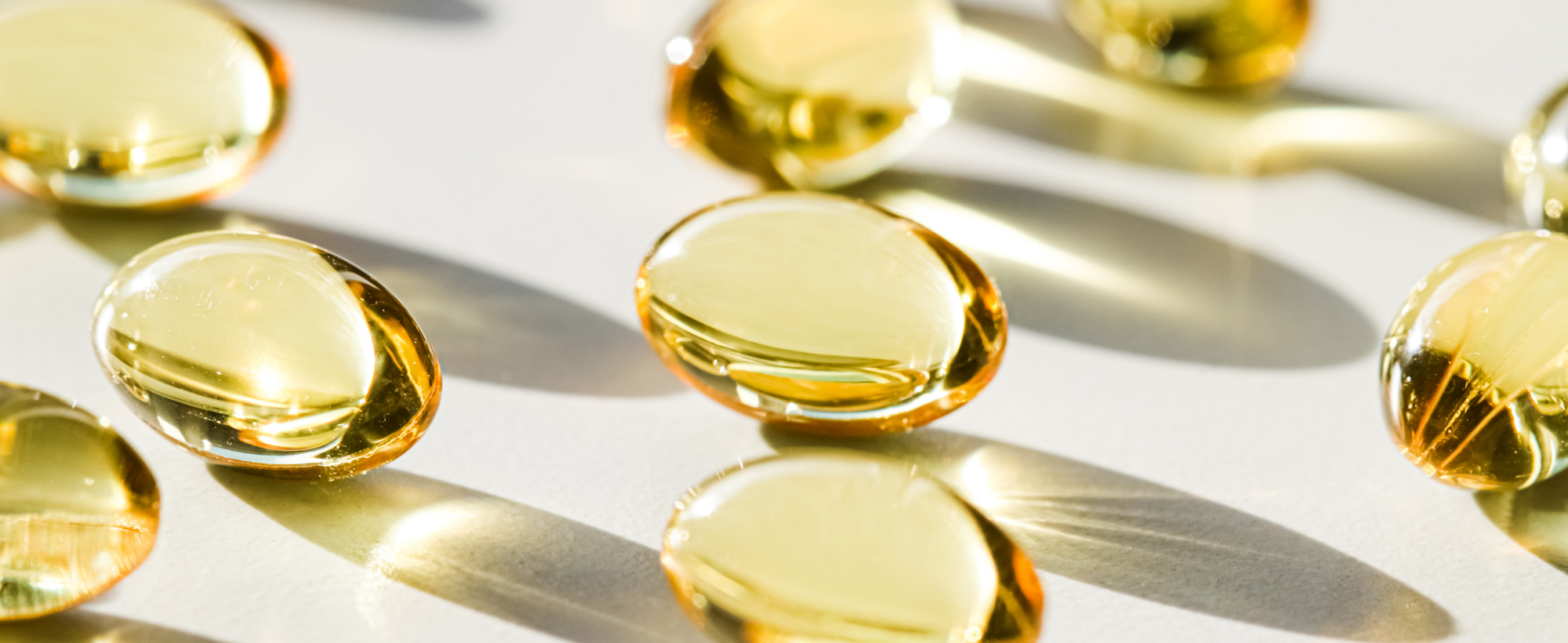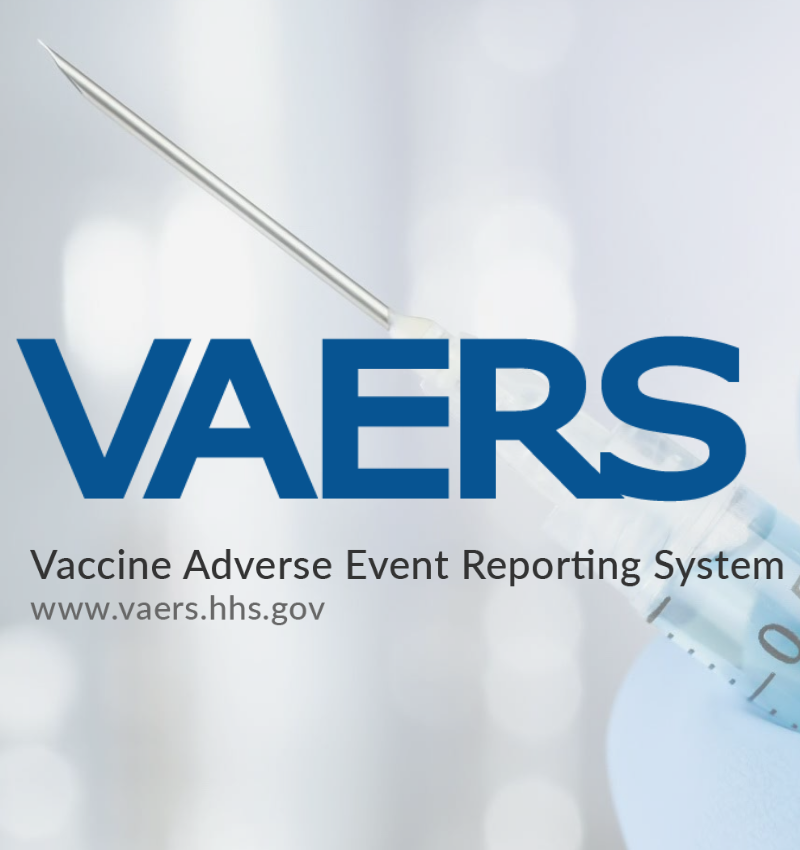Supplements for Detoxification After Vaccination

Supplements To Support Detoxification and Vaccine Recovery
We are all exposed to toxins daily through the air we breathe, what we eat and drink and the products that fill our homes, not to mention the toxin exposures from medical interventions, such as vaccines. Because of the modern environment, we all need to be thinking about detoxification.
After receiving a vaccine, some people may experience a new onset of symptoms related to difficulties with detoxifying the ingredients in the vaccine.
Specific antioxidants and mitochondrial support supplements can be helpful for vaccine recovery.
Keep reading to learn more about some of these supplements and why you might want to have them on hand during the post-vaccine period.
We will discuss:
- Phosphatidylcholine
- NAD
- Coenzyme Q10
- Glutathione
The Vaccine – Detox Connection
Pharmaceuticals, over-the-counter medications and vaccines all contain foreign ingredients. The body works to detoxify these substances and eliminate them from the body.
The liver is essential for transforming toxins before they leave the body through the lungs, GI tract, sweat or urine.
Designed to alert the immune system that something foreign has entered the body, vaccines evoke an immune response. Adjuvants are ingredients added to vaccines to enhance this immune response. Aluminum is an adjuvant you’ll see in some vaccines.
Other ingredients you might find in vaccines include preservatives, stabilizers, antibiotics along with the antigen (from a virus or bacteria) that the vaccine delivers.
Some of the symptoms we experience after a vaccine, such as a fever or body aches, might be due to the body’s immune response. The immune system sees the antigen and is working to identify it, attack it and develop antibodies for future exposures. It is the immune response that creates local inflammation and discomfort.
Other symptoms we experience after a vaccine, and in the case of vaccine injury, might be due to some of the vaccine additives and the body’s response to these toxins.
The likelihood of health complications post-vaccine may have to do with the health of the person getting the vaccine, their level of immune function, underlying disease, toxic burden and genetics. Because of these factors, and likely others, some people can be more sensitive to vaccines than others.
But we can probably all benefit from supporting the body’s detoxification systems after getting a vaccine. Think about it like flushing the body, clearing what is no longer needed through detoxification pathways.
Supplements For Post-Vaccine Detoxification
Supplements can be an incredibly supportive tool for optimizing detoxification while protecting the body from the damage caused by toxins found in vaccines. Let’s look at some specific supplements and their role in this process.
Phosphatidylcholine
Phosphatidylcholine is a phospholipid, composed of two fatty acid tails attached to a phosphorus-based head. Phosphatidylcholine is the most abundant type of phospholipid, accounting for 50 percent of the phospholipids that make up cell membranes.
In the cell membranes, phospholipids arrange themselves in a bilayer. This structure creates a barrier to what can enter and leave a cell, allows for both strength and flexibility and is vital for cellular communication.
Phospholipids also are an integral structural component of mitochondrial membranes. Mitochondria are the energy centers of the cells where glucose and fats transform into energy as ATP.
As a supplement, phosphatidylcholine supports detoxification, energy and cellular health. Here are some ways it does that:
- Phosphatidylcholine displaces toxins in membranes. Many toxins are fat-soluble and can incorporate into cell membranes. Phosphatidylcholine can displace toxins and keep cells healthy.
- Phosphatidylcholine supports methylation. The methylation cycle is a key process in every cell that produces methyl groups that are required for neurotransmitter production, regulation of gene expression and detoxification. Methylation is important for the liver detoxification of many toxic compounds. Over half of the methyl groups produced go on to support phosphatidylcholine production. By supplementing with phosphatidylcholine, the demand for methyl groups in phosphatidylcholine production decreases and methyl groups are used for other purposes, including detoxification. In addition, the choline component of phosphatidylcholine supports the generation of methyl groups.
- Phosphatidylcholine is important for lung health and gut health, both organs of elimination that help remove toxins from the body.
- Phosphatidylcholine protects liver cells from toxins. Phosphatidylcholine, and the choline component, influence favorable genetic expression in the liver and support liver function.
Every Life Well Phosphatidylcholine Pure Liquid is a concentrated liquid containing polyenyl phosphatidylcholine (PPC), an effective supplemental form of phosphatidylcholine.
NAD
NAD, or nicotinamide adenosine dinucleotide, is derived from niacin, or vitamin B3. It is an essential coenzyme in every cell. Mitochondria contain over 70 percent of NAD, where it is required for energy production. In addition, NAD is required for over 500 reactions in the body, playing a role in most body processes.
NAD exists in two forms: as NAD+ and NADH. NAD+ is considered the active form because it accepts electrons and produces energy.
NAD levels decrease with age, toxin exposure, chronic disease and other factors, effectively creating a NAD deficiency that affects cells and processes throughout the body.
Supplementing with NAD is a promising therapy for neurodegenerative diseases. Restoring levels promote an increased life span and health span.
When it comes to detoxification, the liver requires a significant amount of energy to transform toxins, hence the need for NAD. Supporting mitochondrial health with supplemental NAD, supports detoxification in the cells, the liver and other detoxification organs.
Most supplemental NAD is in the form of a precursor called NR or nicotinamide riboside, which requires conversion to the active form to be used by cells.
Real NAD+ offers NAD in its active, NAD+ form and is only available through healthcare practitioners. You’ll find it as part of the Every Life Well Mitochondrial Bundle, which also includes phosphatidylcholine and CoQ10.
CoQ10
CoQ10, short for coenzyme Q10, is another crucial mitochondrial molecule that we can use for vaccine detoxification. You’ve likely heard of CoQ10 in terms of heart health, brain health and antiaging medicine.
As mitochondria make energy, they also make free radicals that damage the mitochondria, just like toxins do. CoQ10 is a powerful antioxidant that lives in the mitochondria, helping to prevent this damage, so energy production remains efficient.
This ability for CoQ10 to reduce oxidative stress is why it is so helpful for chronic diseases, including cardiovascular disease, fatty liver and neurodegenerative disease.
Toxins from the environment and vaccines are a source of oxidative stress that CoQ10 can quench. In addition, CoQ10 plays a role in reducing inflammation, recycling the antioxidants vitamin C and vitamin E and supporting DNA. All these roles make it helpful for vaccine recovery.
As discussed with NAD, CoQ10 has two forms: ubiquinol and ubiquinone. The ubiquinol form is the active form. The delivery method of the supplement, such as using a liposome (phospholipid membrane) increases absorption and activity of CoQ10 as well.
Supplemental CoQ10 options include:
- Every Life Well CoQ10 Plus – Features ubiquinol and geranylgerniol for synergistic effects
- Every Life Well Liposomal CoQ10 PPQ – Features liposomal delivery of CoQ10 along with PQQ (Pyrroloquinoline quinone), l-carnitine, resveratrol and for mitochondrial support.
- MitoQ – This modified form of CoQ10 allows it to pass through the mitochondrial membrane and provide defense where it’s needed most.
Discover what version works best for you!
Glutathione
We can’t talk about vaccine detox without mentioning glutathione. This peptide (protein) is the body’s master antioxidant. It also has anti-inflammatory and immune-promoting benefits.
Not only does glutathione help protect cells from damage caused by toxins, but it’s also involved in the liver detoxification of many chemicals. Specifically, Phase 2 liver detoxification requires glutathione for a reaction called glutathione conjugation.
Some toxins that require glutathione for detoxification include heavy metals, benzene, mycotoxins and bisphenol A. Because glutathione helps neutralize such a wide range of toxins, some refer to it as the master detoxifier.
The more toxins you are exposed to, the greater your need for glutathione. Although glutathione can be recycled and therefore reused with the help of vitamin C.
Increasing glutathione levels post-vaccine may be incredibly supportive. Every Life Well Liposomal Glutathione uses the phospholipid delivery to increase absorption and direct glutathione to the cells that need it most.
Supplements are a helpful tool to aid in detoxification and support mitochondrial health every day, and especially after receiving a vaccine. To learn more about other lifestyle tools to support the body’s detoxification systems, please read The Importance of Detoxification and How to Detox.
If you are recovering from a vaccine or have one scheduled, now is a great time to stock up on supplements that will help detoxify, reduce inflammation and support the body’s natural immune response.
Please always consult your trusted Functional Medicine provider for personalized guidance regarding vaccines, supplements and detoxification protocols.
References
- https://www.ncbi.nlm.nih.gov/pmc/articles/PMC2642958/
- https://pubmed.ncbi.nlm.nih.gov/9253764/
- https://academic.oup.com/ajcn/article/83/1/5/4649586
- https://www.ncbi.nlm.nih.gov/pmc/articles/PMC3562414/
- https://www.ncbi.nlm.nih.gov/pmc/articles/PMC3729018/
- https://www.ncbi.nlm.nih.gov/pmc/articles/PMC3122232/
- https://pubmed.ncbi.nlm.nih.gov/26785480/
- https://www.ncbi.nlm.nih.gov/pmc/articles/PMC6342515/
- https://www.ncbi.nlm.nih.gov/pmc/articles/PMC8261484/
- https://www.ncbi.nlm.nih.gov/pmc/articles/PMC7660335/
- https://www.ncbi.nlm.nih.gov/pmc/articles/PMC7555759/
- https://www.ncbi.nlm.nih.gov/pmc/articles/PMC2430228/
- https://www.ncbi.nlm.nih.gov/pmc/articles/PMC6002464/
- https://www.ncbi.nlm.nih.gov/pmc/articles/PMC7278868/
- https://www.ncbi.nlm.nih.gov/pmc/articles/PMC3942754/
- https://pubmed.ncbi.nlm.nih.gov/12809732/






